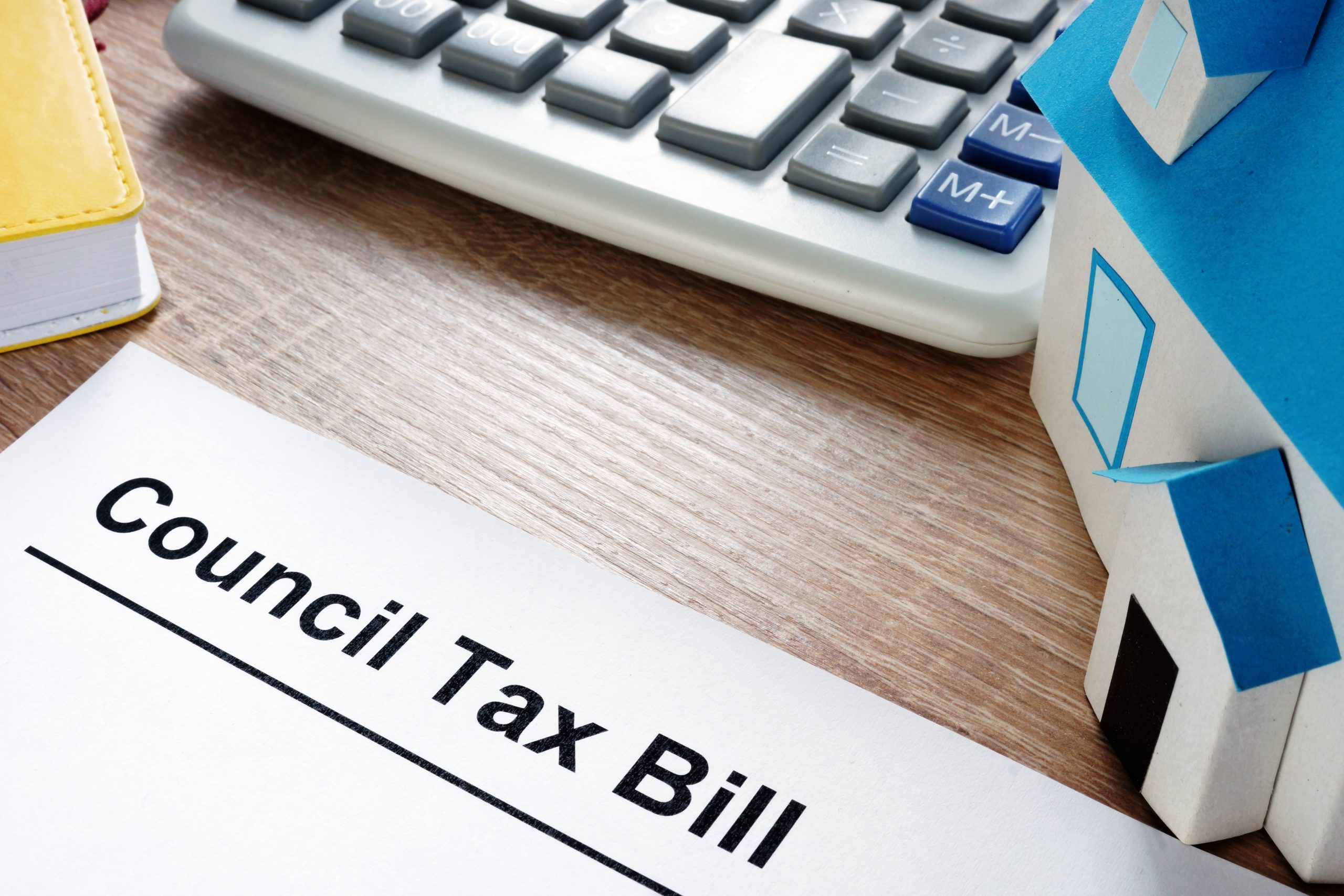Household Bills
Council tax bills could rise by hundreds of pounds to fund social care

The Institute for Fiscal Studies (IFS) has warned that council tax increases of 3.6% per year will be needed for the next three years just to maintain council services.
Economists at the IFS estimate that rises at this level will be necessary just to ensure councils can provide the same range and quality of services in 2024–25 as was provided pre-pandemic.
This would push up the average annual bill paid by households by £160 by 2024−25 – but this is likely to be a minimum requirement.
The figures are among the findings of new analysis, published as a pre-released chapter of the 2021 IFS Green Budget, funded by the Nuffield Foundation and in partnership with Citi.
The analysis found that bigger increases in underlying demand and cost pressures, or top-ups to other budgets (such as schools) which eat into the amount available for grants to councils, could easily push up the necessary council tax rises to 5% per year, or by more than £220 by 2024–25.
The IFS also says that the government’s stated ambitions for social care are underfunded. The government has said it will provide £5.4bn over three years to begin the roll-out of a new lifetime cap on care costs, more generous means-testing arrangements, higher payments for care providers, increased support for informal carers, investment in housing adaptations, and supported housing, and workforce development.
But the IFS says these measures are likely to cost £5bn a year in the longer term, almost three times the annual funding currently allocated over the next three years.
Looking ahead to the forthcoming Spending Review, the IFS says that relying on council tax alone to deal with funding pressures is unlikely to be sustainable.
Economists said that council tax increases raise less in poorer parts of the country where more properties are in lower tax bands. For example, increases of 4% a year would raise £89 per person in cash terms by 2024–25 in the richest tenth of council areas, compared with just £61 per person in the poorest tenth.
This would mean there would need to be bigger percentage increases in council tax bills to meet rising costs in poorer parts of the country, unless the government redistributes more of its grant funding to such areas.
Kate Ogden, a research economist at IFS, said: “The government has stepped up with billions in additional funding for councils to support them through the last 18 months. It is likely to have to find billions more for councils over the next couple of years if they are to avoid cutting back on services, even if they increase council tax by 4% a year or more.
“The coming financial year is likely to be especially tough, with the likelihood of at least some ongoing Covid-19-related pressures, and a particularly tight overall spending envelope pencilled in. At the same time, government needs urgently to deal with a local government funding system which is becoming hopelessly out of date, being based on population levels and characteristics in 2013. This results in manifest unfairnesses in the distribution of resources between councils.”